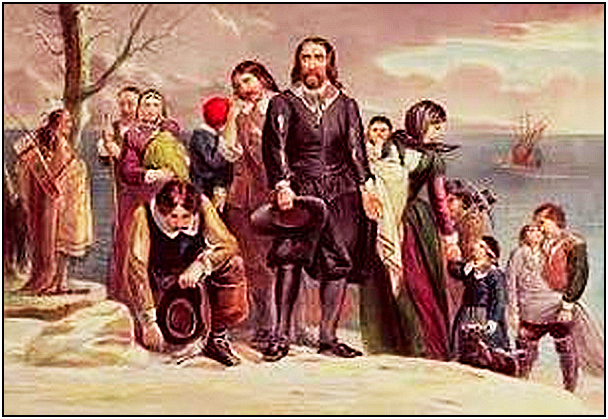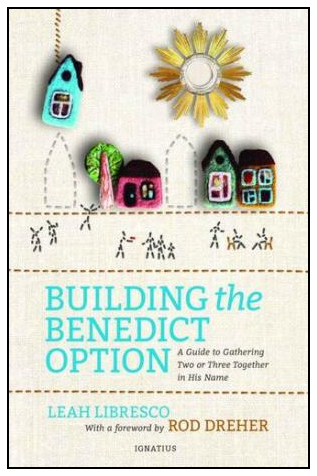STRANGERS AND PILGRIMS
 The Apostle Peter, in his first letter, wrote to the Jewish believers in Yeshua as their Messiah who were scattered abroad in "the Dispersion" – in foreign lands –
The Apostle Peter, in his first letter, wrote to the Jewish believers in Yeshua as their Messiah who were scattered abroad in "the Dispersion" – in foreign lands –
"Beloved, I beg you as strangers and pilgrims, to abstain from fleshly lusts, which war against the soul. having good behavior among the nations, so in that which they speak against you as evil-doers, they may by your good works, which they see, glorify God in the day of visitation. Therefore subject yourselves to every ordinance of man for the Lord's sake: whether to the king, as supreme; or to governors, as sent by him for vengeance on evil-doers and for praise to those who do well. For this is the will of God, that by well-doing you should put to silence the ignorance of foolish men: as free, and not using your freedom for a cloak of wickedness, but as bondservants of God. Honor all men. Love the brotherhood. Fear God. Honor the king. Servants, be in subjection to your masters with all fear; not only to the good and gentle, but also to the wicked. For it is commendable if someone endures pain, suffering unjustly, because of conscience toward God. For what glory is it if, when you sin, you patiently endure beating? But if, when you do well, you patiently endure suffering, this is commendable with God. (1 Peter 2:11-20)
As "resident aliens" we must obey the laws of our host country. We have dual loyalties, to the Kingdom of Heaven and to the earthly rulers. Some Christians take the verse "we ought to obey God rather than men" (Acts 5:29) to mean they are free to disregard civil authorities whenever they feel like it. But that's not what St. Peter meant, as we see here in his first letter. We are foreigners and strangers on this earth (but some of us are stranger than others!), our highest loyalty is in Heaven.
Think of how the Virgin Mary was maligned and whispered about when she became pregnant outside of marriage: even Joseph, her fiance, wanted to send her away somewhere to have the baby, but then the Angel told him to take her as his betrothed. And when the baby Jesus became a grown man, the "respectable people" maligned Him as being an illegitimate child, also impugning Mary: the Pharisees said to Him "We were not born of sexual immorality. We have one Father, God" (John 8:41). Are we willing to suffer reproach for His sake?
In 1 Peter 3 :13-16 we read – "Now who is he who will harm you, if you become imitators of that which is good? But even if you should suffer for righteousness' sake, you are blessed. 'Don't fear what they fear, neither be troubled.' But sanctify the Lord God in your hearts; and always be ready to give an answer to everyone who asks you a reason concerning the hope that is in you, with gentleness and respect: having a good conscience; that, while you are spoken against as evildoers, they may be disappointed who revile your good manner of life in the Messiah."
There will always be people who ridicule or accuse us falsely as Christians. How are we to reply? We should respond, not react. To respond is to take a deep breath and calm ourselves, but to react is to act on our first impulse emotionally, to return insult for insult. St. Peter teaches us to respond "with gentleness and respect" – calmly and respecting the other person as a real human being who has emotions that may be under stress or pain. Keep your words soft and sweet: you may have to eat them!
We should rejoice when we are being maligned and slandered for our Lord's sake: "Beloved, don't be astonished at the fiery trial which has come upon you, to test you, as though a strange thing happened to you. But because you are partakers of the Messiah's sufferings, rejoice; that at the revelation of his glory also you may rejoice with exceeding joy. If you are insulted for the name of the Messiah, blessed are you; because the Spirit of glory and of God rests on you. On their part he is blasphemed, but on your part he is glorified. For let none of you suffer as a murderer, or a thief, or an evil doer, or as a meddler in other men's matters. But if one of you suffers for being a Christian [a follower of the Messiah – the Khristos, the Anointed One], let him not be ashamed; but let him glorify God in this matter" (1 Pet. 4:12-16).

